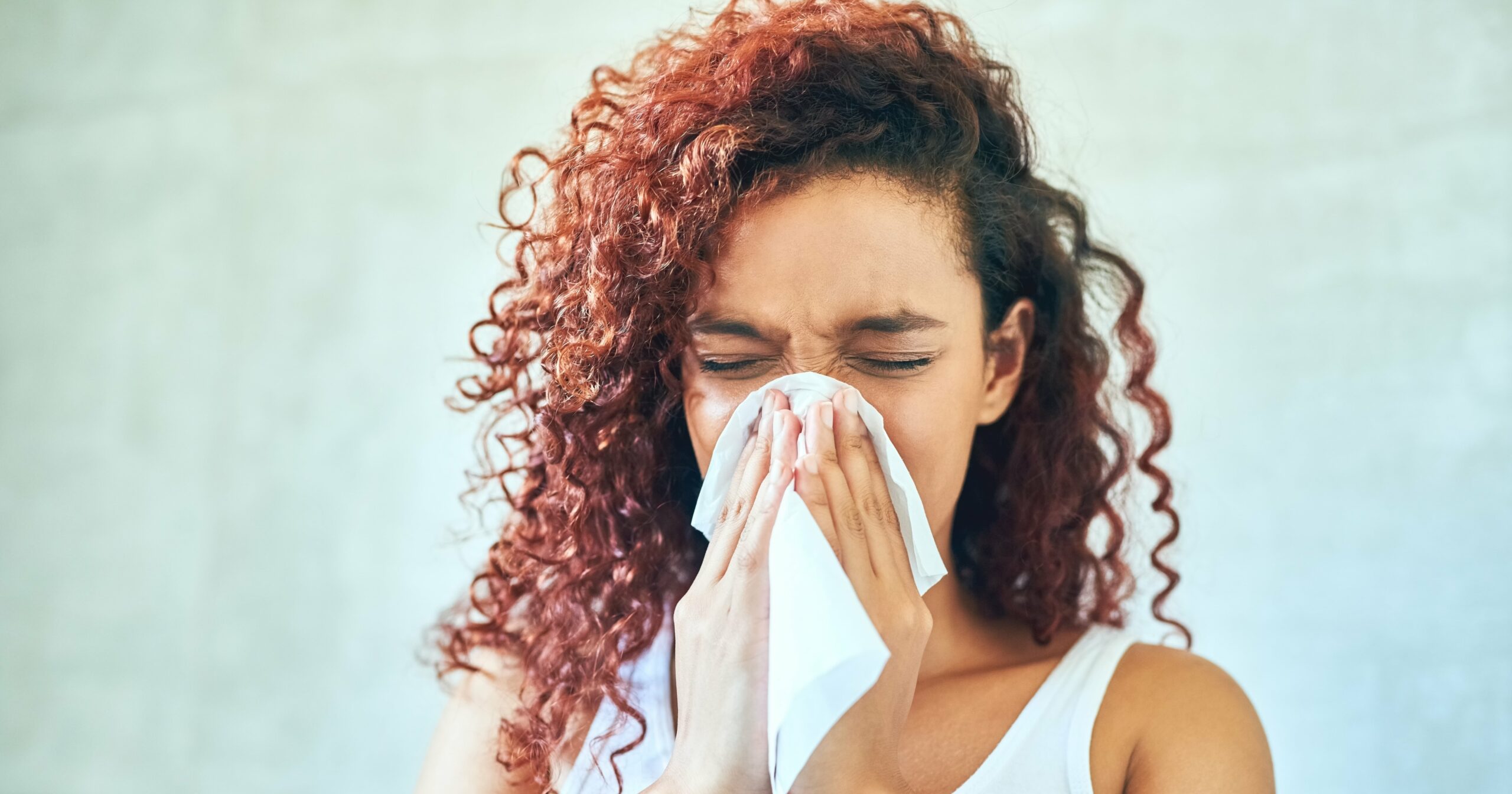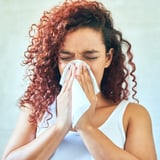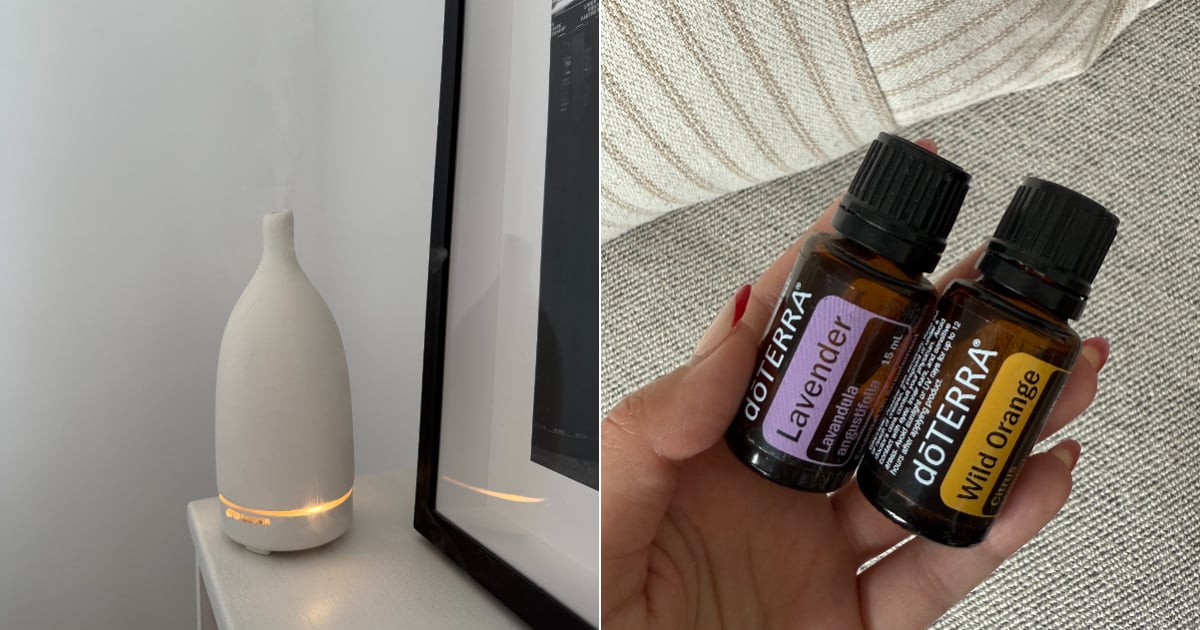It’s easy to write off sneezing and congestion that surfaces in the summer as being a side effect of allergies or even a reaction to a drying air conditioner unit. But even though it seems weird – and highly annoying – to go through everything that comes with a respiratory virus when it’s scorching out, summer colds can and do happen.
“This is definitely a thing,” says Thomas Russo, MD, professor and chief of infectious disease at the University at Buffalo in New York.
But what is a summer cold, exactly, and how can you know if you’re dealing with one over another health issue? Infectious disease doctors explain, and give advice on what to do if you happen to develop the dreaded summer cold.
Experts Featured in This Article
Thomas Russo, MD, is a professor and the chief of infectious disease at the University at Buffalo in New York.
Amesh A. Adalja, MD, is a senior scholar at the Johns Hopkins Center for Health Security.
Can You Get a Cold In the Summer?
Yep, unfortunately, you can get a cold in the summer, although they’re not usually as bad as what you’d go through during peak cold and flu season. “As a general rule, they tend to be much less severe,” Dr. Russo says. “Summer viruses just tend to be a nuisance.”
That said, enteroviruses, which are the most common cause of summer colds, tend cause symptoms for around 20 days, compared to 11 days for rhinovirus, a common cause of winter colds, according to a 2023 study from the Centers for Disease Control and Prevention. So you might feel like your summer colds are worse, since they may linger for longer.
What Is a Summer Cold?
The term “summer cold” usually refers to the common cold that surfaces in the summertime. “A person can get a cold anytime of the year,” says Amesh A. Adalja, MD, senior scholar at the Johns Hopkins Center for Health Security.
Unfortunately, summer colds can have all the usual trappings of “regular” colds – stuffy nose, congestion, and feeling generally lousy, Russo says.
Summer Cold Causes
While summer colds can look and feel similar to a cold you’d have during other times of the year, they can be caused by different things. “There are various viruses that all have the capability and they all circulate throughout different times of the year,” Dr. Adalja says.
Parainfluenza viruses, enteroviruses, and metapneumovirus tend to circulate at higher levels during the summer, he explains. But enteroviruses tend to be the most common cause of summer colds, Dr. Russo says. “They can cause respiratory tract infections, as well as gastrointestinal infections,” he says. He also lists off adenoviruses as a possible summer cold cause.
But you can also just happen to get the same type of virus that you’d catch in the winter, Adalja says. “The winter respiratory viruses don’t completely evaporate – they’re still there, causing infections at a lower rate,” he says.
Keep in mind that your “summer cold” could actually be COVID-19. “It has not yet become seasonal,” Dr. Russo says. “We have seen summer peaks.” That’s why he recommends testing yourself for COVID-19 if you happen to come down with cold-like symptoms any time of year-including in summer.
Summer Cold Symptoms
Symptoms of a summer cold “are indistinguishable from a cold at any other time of the year,” Dr. Adalja says. For most people, that means having an upper respiratory infection, Dr. Russo says. According to the Centers for Disease Control and Prevention (CDC), these are the typical symptoms of the common cold:
- Sneezing
- Mild to moderate chest discomfort and cough
- Stuffy nose
- Sore throat
- Slight body aches
How to Treat and Prevent a Summer Cold
There is no magic pill to make a summer cold go away, but Dr. Russo says there are a few things you can do to ride out the symptoms. If you have a sore throat, taking an over-the-counter medication like acetaminophen may help, he says. Decongestants can also help relieve stuffiness, while over-the-counter cold and cough medications may make you feel better, too, Russo says.
There are a few things you can do to lower the risk you’ll have to deal with a summer cold at all. The first is being aware that you can, in fact, get a cold in the summer, Dr. Adalja says. Just like in the wintertime, being in crowded indoor areas raises your risk of getting sick, he adds.
Good hand hygiene is “critical” to lowering your risk, Dr. Russo says, but you can also wear a mask indoors if you’re particularly concerned about getting sick. Still, doctors say there’s only so much you can do to avoid catching a cold in the summer. “There is no way to eliminate this risk if someone wants to socially interact,” Dr. Adalja says. Your best bet is to stick to your regular good hygiene practices, and follow good sickness etiquette too.
Korin Miller is a writer specializing in general wellness, health, and lifestyle trends. Her work has appeared in Women’s Health, Self, Health, Forbes, and more.




